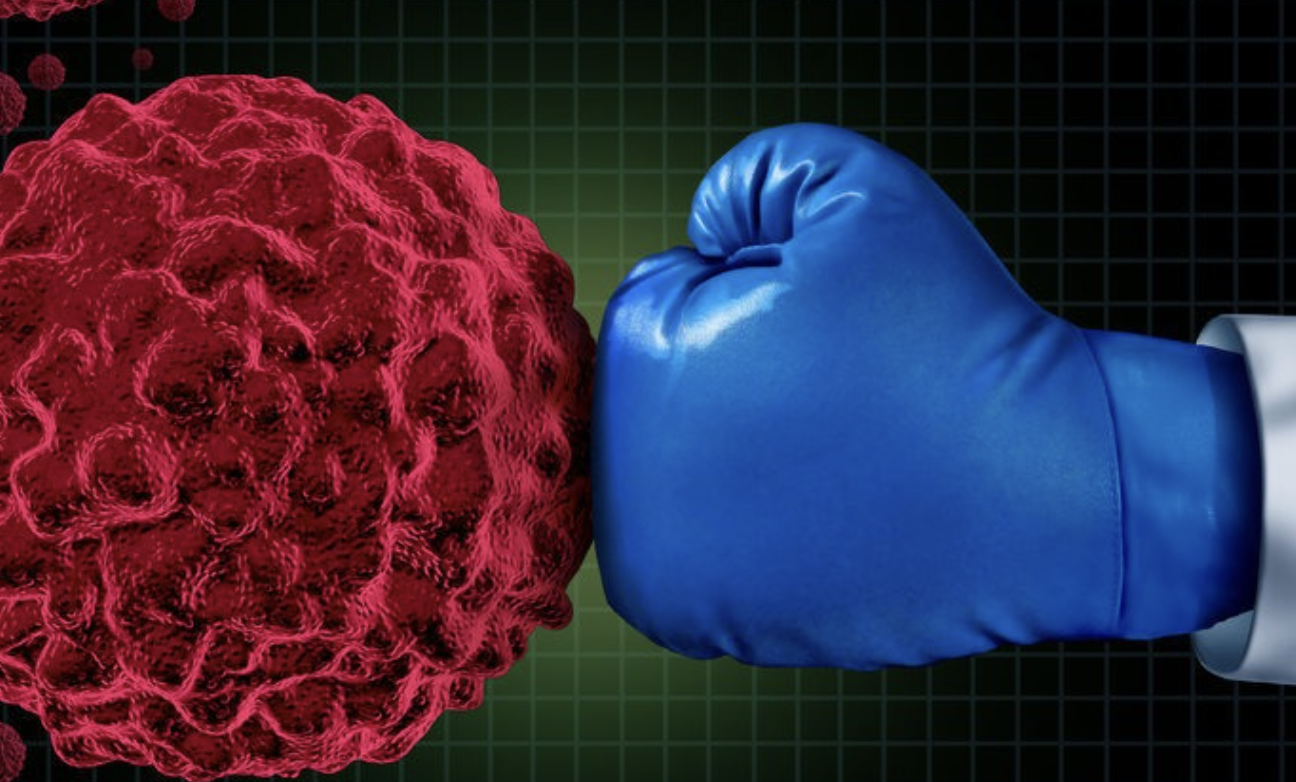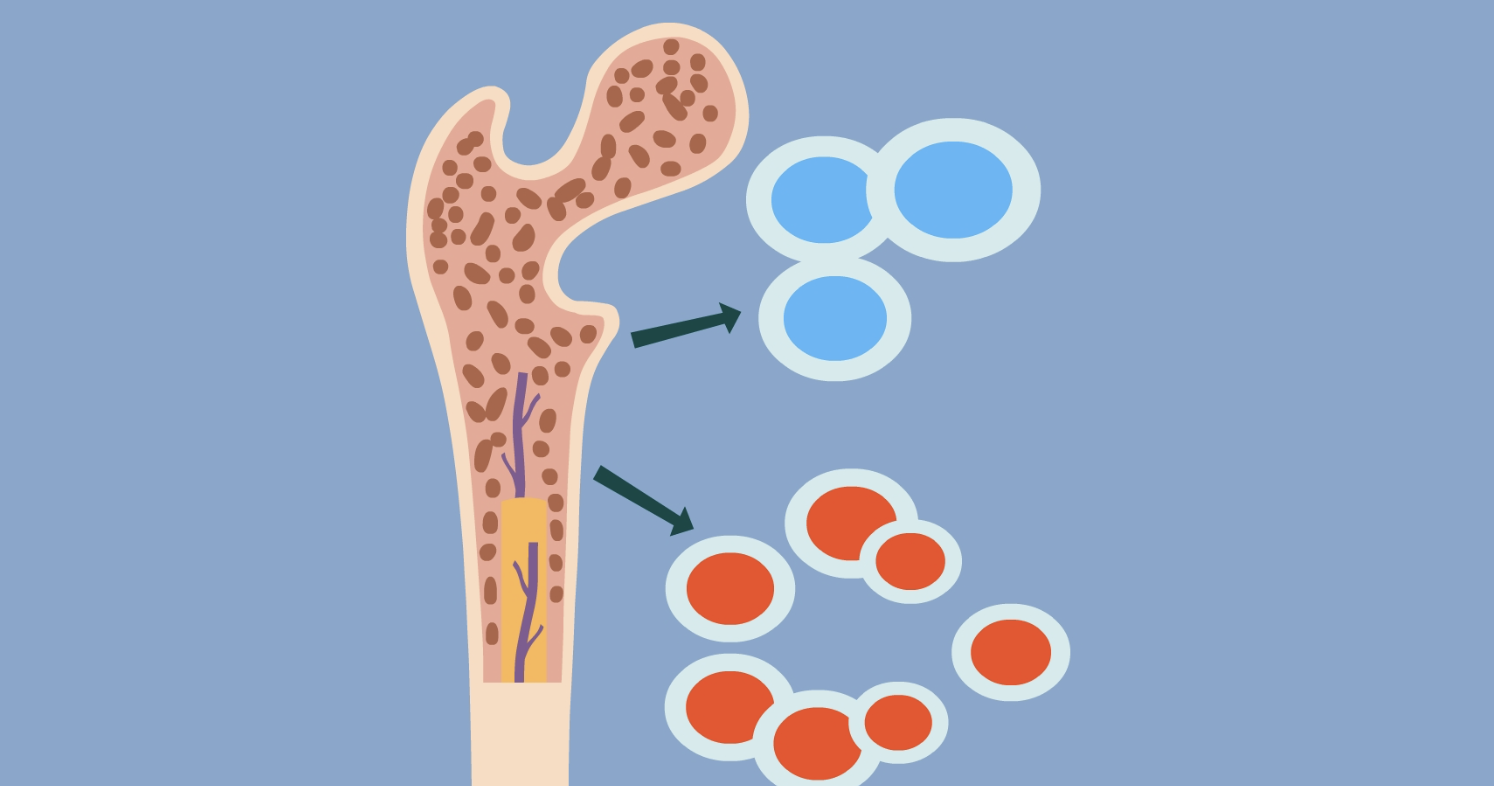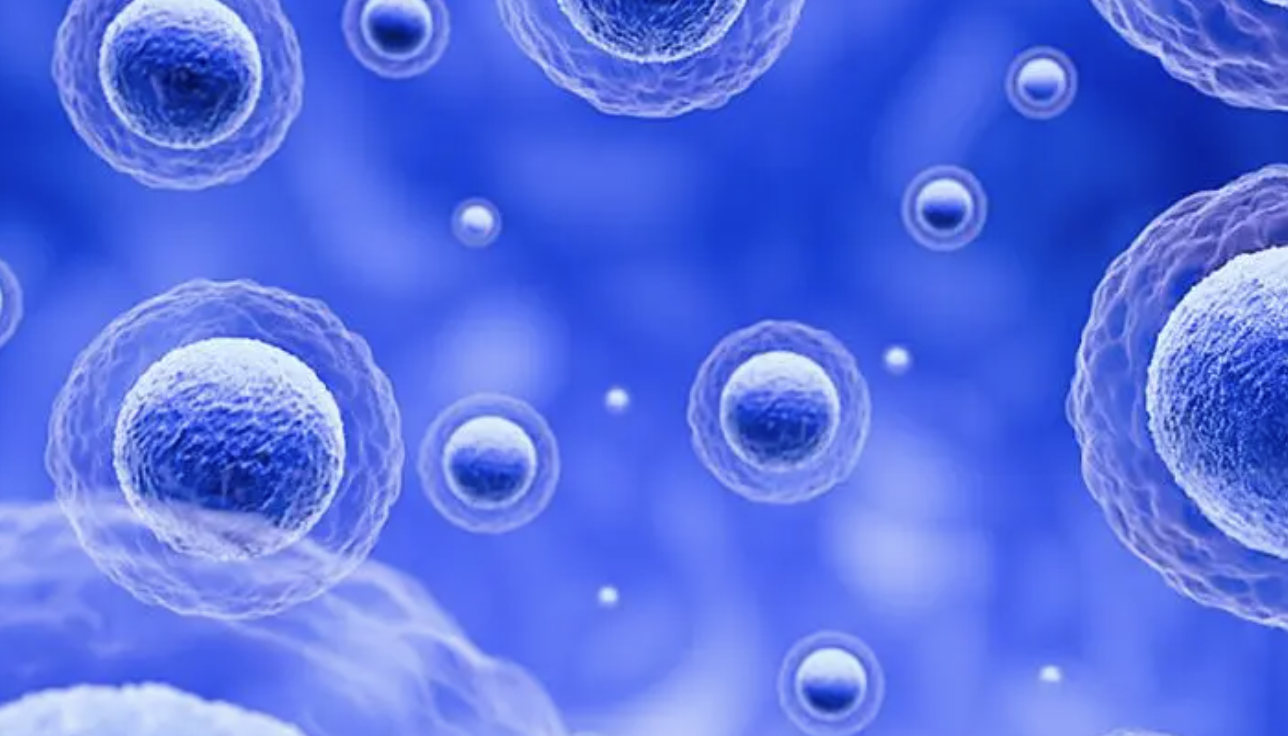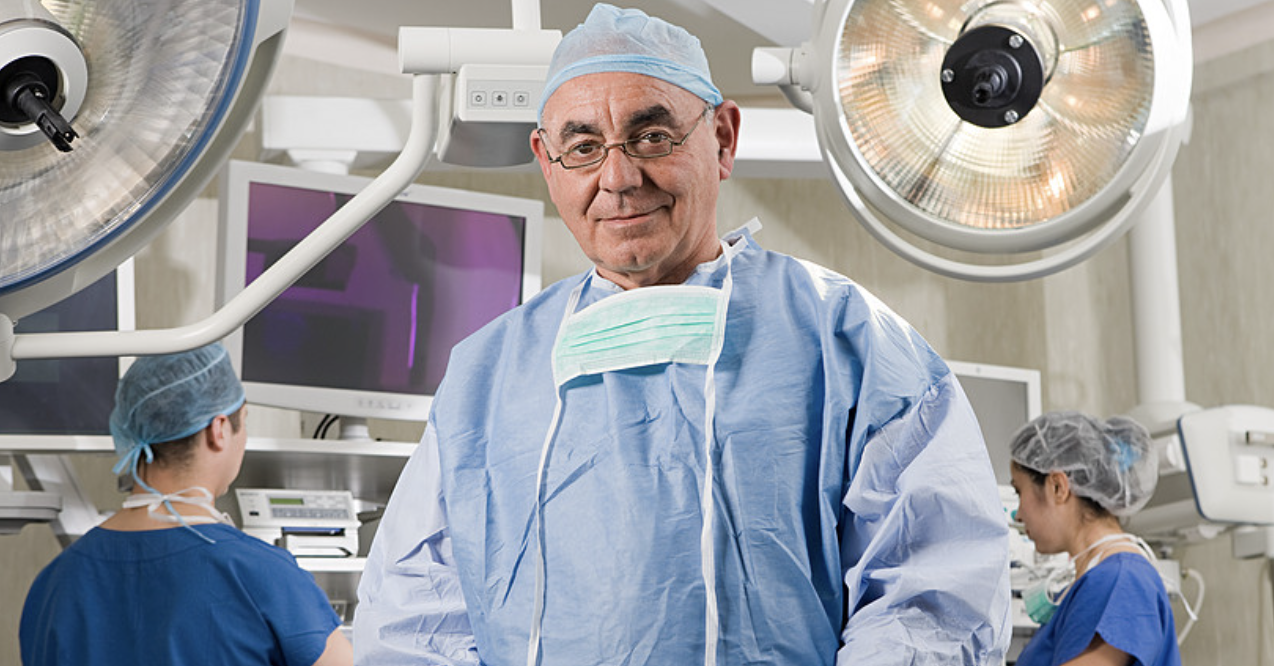Medical
New Strategies For Cancer Vaccines: Transforming Cancer Cells So They Can Become Cancer-Fighters Is Not Far Away!
In recent years, scientists have begun to look at "transforming" cancer cells from life-threatening bad actors to help fight cancer.

In recent years, scientists have begun to look at "transforming" cancer cells from life-threatening bad actors to help in the fight against cancer. Some such therapies in development have shown initial promise, such as the use of CRISPR-Cas9 gene editing technology to modify living tumour cells so that they can be called 'therapeutic cancer vaccines' that stimulate the immune system to detect, label and remember cancer cells in the body, while also killing other cancer cells, achieving The dual effect of anti-cancer + recurrence prevention.

Recently, another cancer cell "modification" therapy has shown similar promise.

Human immune T cells are able to recognise pathogens because of a special class of cells called dendritic cells (APCs, also known as antigen-presenting cells). These cells are crucial to the body's immune response, acting somewhat like a clearing house for the immune system, capturing the characteristics/labels (antigens) of bad molecules that invade the body and later releasing this vital information to other battle-hardened armed forces - such as T cells and B cells.
Specifically APC cells are divided into two main categories, the former including dendritic cells, B lymphocytes and macrophages, they brother several belong to the backbone of the business, strong ability to capture the effective information of bad molecules, but also good at commanding T cells and B cells, similar to the commander-like existence; the other category such as endothelial cells, epithelial cells, red blood cells, etc., although also can present antigens, but the organisation of coordination, activation T cells and B cells are weaker.

One of the cancer cell transformation programmes that scientists are now targeting is to transform the otherwise bad cancer cells into macrophages, the business backbone of the APC family.
Since cancer cells themselves are cancer cells, they have all the characteristics I need to look in the mirror, so if the transformation is successful, the information received by armed forces such as T cells will not be fragmented, but will be complete and comprehensive.
Once the scientists had sorted themselves out, they started with a type of cancer called "acute leukaemia", which is a type of blood cancer. By programming the cancer cells of this type of cancer, the scientists succeeded in inducing and transforming a number of successfully modified non-leukaemic macrophages.
These APCs were then given to mice, whereupon the T cells received full, detailed information about the cancer cells.

"We found that the APCs made by the cancer cells really made the T cells more sensitive to this type of cancer, and that the mouse immune system really remembered the information submitted by these modifiers. When the mice were implanted with cancer again after more than 100 days of vaccination, the result was still a strong immune response to protect them." Professor Majeti, Director of the Ludwig Centre for Cancer Stem Cell Research and Medicine, said.
Professor Majeti wanted to find out if this treatment, which works for leukaemia, would work equally well for solid tumours. So his team tested the same in mice implanted with breast cancer, bone cancer and fibrosarcoma. The results showed that modifying cancer cells from solid tumours was not as efficient, but positive results were still observed, with mice implanted with all three types of cancer significantly improving their survival rates in this way.
"We found that such reprogrammed cancer cells may launch a systemic and sustained attack on the cancer, while triggering the immune system to go on the offensive together." Professor Majeti said.

He believes that assemble a mature therapeutic vaccine may not require the tumour cells to be removed in advance, but simply customise the APC cells to their RNA and later inoculate the patient, thereby activating the immune system to fight the cancer. While this is a bit like science fiction, it is a reference to the direction of in-depth research.
-
![]()
![]() MedicalDec 23, 2024
MedicalDec 23, 2024New Treatment Effective In Up To 73% Of Multiple Myeloma Patients!
-
![]()
![]() MedicalDec 22, 2024
MedicalDec 22, 2024Why excimer laser can treat myopia
-
![]()
![]() MedicalDec 21, 2024
MedicalDec 21, 2024More Significant Survival Benefit For Non-Small Cell Lung Cancer Patients Under 55 Years Of Age, Also Using Immunotherapy!
-
![]()
![]() MedicalDec 20, 2024
MedicalDec 20, 2024New Study: Nmn Supplementation Activates Longevity Proteins To Reduce Stem Cell Senescence And Restore Mitochondrial Function
-
![]()
![]() MedicalDec 19, 2024
MedicalDec 19, 2024New TCR-T Therapy Afami-cel For Advanced Sarcoma With Promising And Long-Lasting Results!




